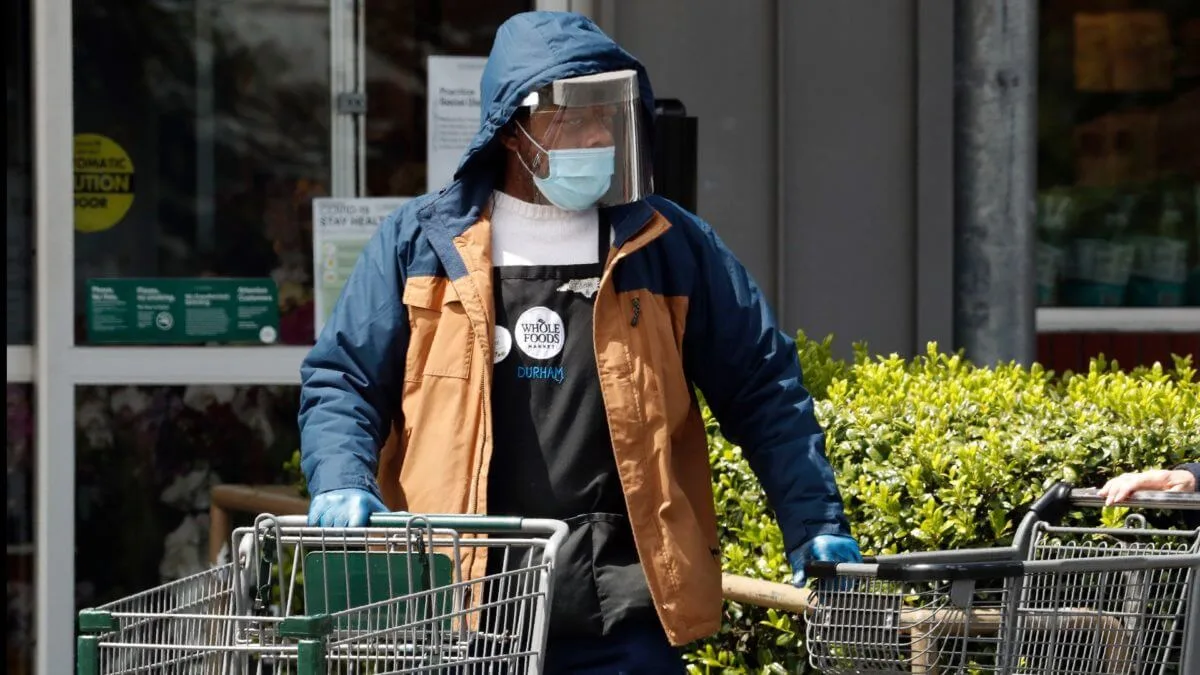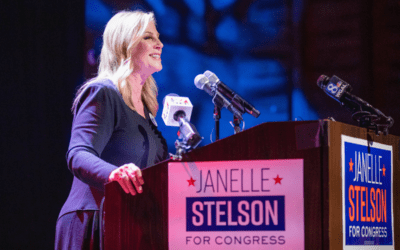
National polls reveal how people of color are most affected. But Detroiters already know that all too well.
DETROIT — A saying in the Black community goes like this: when America gets a cold, Black America gets the flu. It seems that when America caught the coronavirus, Black Detroit was written a proverbial death sentence.
Many of the high risk factors prevalent among Black Americans are reflected in Detroit’s population. With Ford Field now sitting where the once affluent Black district Paradise Valley once stood, many Black Detroiters still reside in the crowded low-income housing their grandparents were forced into.
Black Americans make up 14% of the total national population and Michigan’s racial makeup is about the same, But in Detroit, Black residents account for 79% of the city’s population. The state reports that 1,141 people have died in Detroit alone, as of Wednesday. Data also tells us that most of those victims are Black Detroiters.
In fact, one in ten Detroiters who contracts the coronavirus and dies from it is Black.
RELATED: This Number Shows Michigan Is Still the Deadliest State To Catch Coronavirus In
Detroit And Beyond
Black Americans are dying at rates almost 300% higher than white Americans. As The Washington Post reported, systemic and systematic issues throughout economic, educational and housing opportunities contribute to the disparities.
Beyond Detroit, American systemic racism has contributed to other health risks within communities of color like diabetes, high blood pressure and heart disease.
And these are the people keeping major cities like Detroit running. They are the bus drivers, grocery store workers, delivery drivers and factory workers. Like in instances before, Detroit life is reflective of the greater American landscape.
RELATED: Detroit Bus Driver Dies of COVID-19 Days After Posting Video About Coughing Rider
America’s populations of color are bearing the brunt of the coronavirus; from manning the front lines that keep the country moving to experiencing the highest infection and death rates. Now, people of color say they are also being hit hardest financially, according to a recent survey from the The Associated Press-NORC Center for Public Affairs Research.
The financial picture is especially grim for Hispanic Americans, while some African Americans face the dual burden of being disproportionately affected by the virus itself while also struggling to pay bills due to the economic fallout.
The poll found that 61% of Hispanic Americans say they’ve experienced some kind of household income loss as a result of the outbreak, including job losses, unpaid leave, pay cuts and fewer scheduled hours. That’s compared with 46% of Americans overall.
Thirty-seven percent of Latinos and 27% of black Americans say they’ve been unable to pay at least one type of bill as a result of the coronavirus outbreak. Only 17% of white Americans say the same.
“If our policies do not adequately address these shortfalls and the racial disparities in income, wealth, employment and wages, then we’re going to see the same pattern that we have seen historically,” said Valerie Wilson, director of the left-leaning Economic Policy Institute’s program on race, ethnicity and the economy. “It’s going to take much longer for these families to recover — if they ever recover economically.”
READ: Our Nation’s Leaders Wasted Time During Coronavirus, Just Like They Did During Flint’s Water Crisis
The survey, conducted in mid-April, found that 21% of Hispanics have been unable to make a rent or mortgage payment as a result of the outbreak, while 23% have been unable to pay a credit card bill. That compares with 8% of white Americans in both cases.
Black Americans are also slightly more likely than white Americans to have been unable to pay a credit card bill, at 15%.
While income losses have hit Americans across the board, layoffs have been especially concentrated among lower income and less educated people. Twenty-eight percent of Americans without college degrees say they’ve had a layoff in their household, compared with 19% of those with degrees.
Along with the financial impact, people of color are also more likely to know someone close to them who has been diagnosed with COVID-19, the illness caused by the coronavirus. The poll found that 12% of Americans say they or a close friend or relative has been diagnosed. Among black Americans, 21% say they or someone close to them has been diagnosed.
DON’T MISS: LISTEN: This Detroit Grandmother Has An Urgent Plea For You
The Numbers Tell The Story
A separate Associated Press analysis of available state and local data shows that nearly one-third of those who have died of COVID-19 are African American, with black people representing about 14% of the population in the areas covered in the analysis.
While the protests have garnered attention, the AP-NORC poll found that most Americans overwhelmingly support restrictions aimed at containing the virus and are taking personal actions to protect themselves from the coronavirus. Ninety-five percent say they’re both washing hands more frequently and staying away from large groups. African Americans are also more likely than either white or Hispanic Americans to say they’re wearing masks outside the home, 83% to 64% and 67%, respectively.
“I take it very seriously, because it’s an invisible killer,” said Michael French, a 62-year-old black man, of St. Paul, Minnesota, who says he wears a mask and gloves everywhere he goes. “But some people won’t until it affects them personally and then they’ll wake up to the deadliness of this virus.”
WATCH: Black Men Are Being Treated Like Criminals For Trying To Stay Safe From Coronavirus
The AP-NORC poll of 1,057 adults was conducted April 16-20 using a sample drawn from NORC’s probability-based AmeriSpeak Panel, which is designed to be representative of the U.S. population. The margin of sampling error for all respondents is plus or minus 4.0 percentage points. Respondents were first selected randomly using address-based sampling methods and later were interviewed online or by phone.
Online:
AP-NORC Center: http://www.apnorc.org/
The Associated Press contributed to this story.

For Rep. Susan Wild, supporting PA families includes reproductive rights and much more
Rep. Susan Wild wants to be very clear with Pennsylvanians: Donald Trump is committed to taking away women’s reproductive freedom, but he is not...

School districts working with anti-LGBTQ groups can cost your kids’ schools millions
Parents across South Central Pennsylvania are worried about the potential financial impacts working with anti-LGBTQ groups may have on their school...

VIDEO: Trump distances himself from his anti-abortion views
Donald Trump appeared on WGAL on Tuesday and continued to distance himself from his anti-abortion views claiming that reproductive rights are now a...

VIDEO: Community pushback gets school board to rescind decision on denying gay actor’s visit
Cumberland Valley School Board offered a public apology and voted to reinstate Maulik Pancholy as a guest speaker a week after the board voted to...

VIDEO: Project 2025 brings nuclear armageddon back into vogue
Project 2025 is a titanic document, with plans ranging from cutting half of all government employees to targeting reproductive rights on a scale...




